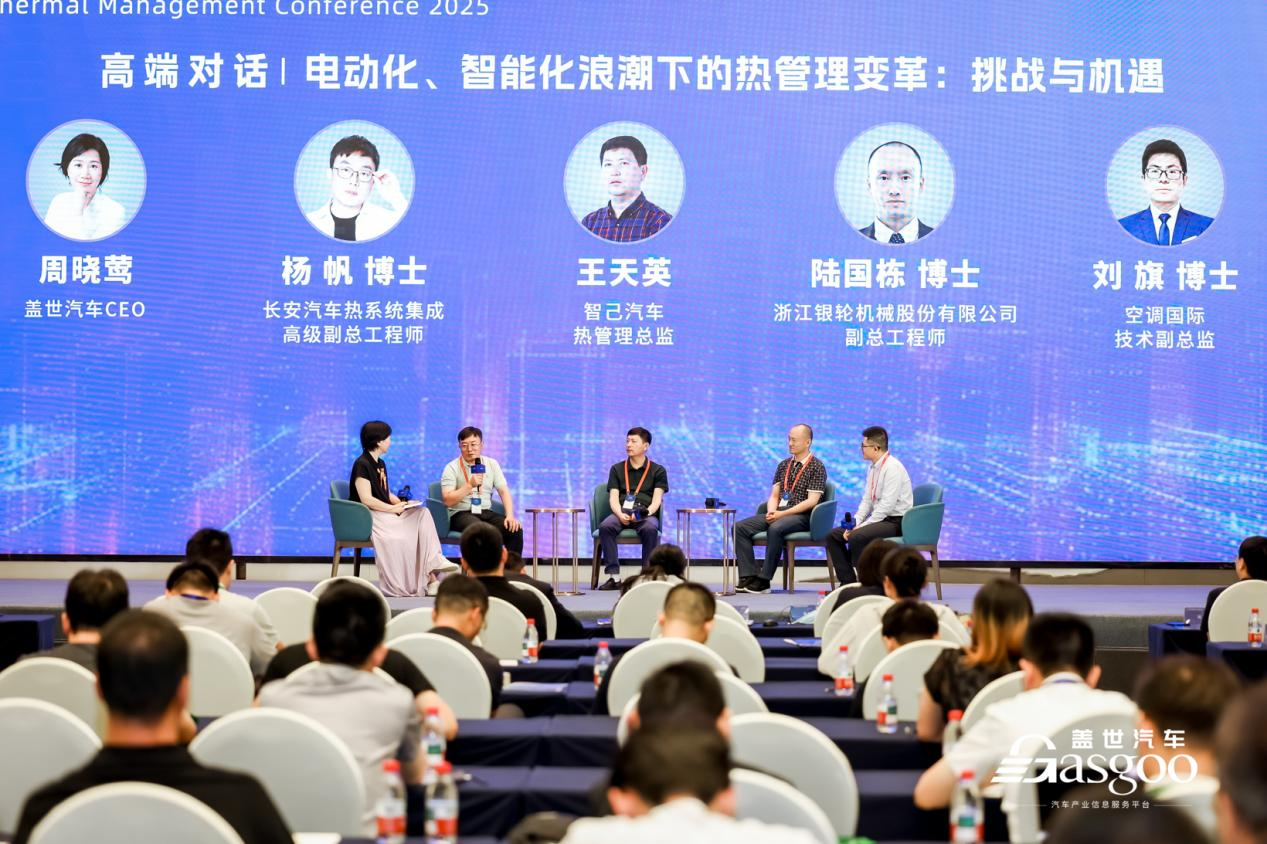In the new stage of the automotive industry, where electrification and intelligence are deeply integrated, heat management is becoming a key technological battlefield. The current trend of vehicle intelligence is gaining momentum, and the direction of innovation in intelligent heat management systems is drawing attention. The focus is on whether to integrate precise temperature control with intelligent algorithms or to achieve adaptive regulation across all scenarios. Various opinions exist regarding the future selection of working fluids; which will emerge as the mainstream? Meanwhile, the rapid deployment of 800V/1000V high-voltage fast charging technology presents significant challenges to the heat management industry in terms of heat dissipation efficiency and system stability. Additionally, the accelerated pace of Chinese car manufacturers entering overseas markets, coupled with regional climate and regulatory differences, poses adaptation challenges for heat management systems. Against this backdrop, achieving tight collaboration across the upstream and downstream of the supply chain and deep technological integration has become key to breaking through industry bottlenecks. On June 18, 2025, the third New Energy Vehicle Heat Management Forum hosted a high-end dialogue focusing on ‘The Transformation of Heat Management under the Waves of Electrification and Intelligentization - Challenges and Opportunities’. The discussion was moderated by the CEO of Gaishi Auto, Zhou Xiaoying, with participants including Yang Fan, Senior Deputy Chief Engineer of Heat Systems Integration at Changan Automobile; Wang Tianying, Heat Management Director at Zhiji Auto; Lu Guodong, Deputy Chief Engineer at Zhejiang Yinlun Mechanical Co., Ltd.; and Liu Qi, International Technical Director at Air Conditioning International. During this dialogue, several key issues were addressed:
1. Zhou Xiaoying initiated the discussion by highlighting the emergence of several new categories of electronic systems and components in vehicles, notably in intelligent cockpits, which differ significantly from traditional heat management systems. Yang Fan pointed out that the comprehensive intelligence of vehicles has led to a surge of intelligent components requiring cooling, thereby expanding the service scope of heat management systems. He also noted the increasing variety of sensors required in the cabin, moving beyond traditional temperature and humidity sensors to include infrared, biometric, and odor sensors. The data collected from these new sensors will assist the heat management system in decision-making and execution. The need for highly efficient operation and rapid response from components like compressors is paramount, urging the development of more refined strategies for heat management systems.
2. Wang Tianying discussed the iterative advancements at Zhiji Auto, especially with the launch of the new L6 model equipped with a next-generation integrated heat management system. The system incorporates many intelligent elements to enhance performance, particularly in managing fogging on windows, which is a common issue. This system can recognize when the vehicle enters fog-prone areas and adjust the airflow accordingly to prevent fogging, thus improving the safety and comfort of driving.
3. Lu Guodong emphasized the need for suppliers to adapt to the growing scope of their business due to the increasing complexity of automotive technology. He noted that while traditional suppliers focused on heat management for internal combustion engines, the rise of electric vehicles necessitates a broader focus on critical components like batteries and electric drives. The challenges of managing heat in these components are significant, particularly as they become more tightly integrated with AI and chip technology.
4. Liu Qi highlighted the challenges faced by system suppliers in managing diverse heat dissipation needs across various components, necessitating a tiered heat dissipation strategy tailored to the level of heat generation.
The discussion further delved into the implications of the industry's shift towards 800V/1000V high-voltage fast charging, detailing the exponential increase in heat generation and the corresponding demands on heat management systems to efficiently manage this heat during the charging process. Participants acknowledged that as the industry evolves, the collaboration between automakers and suppliers will be crucial in overcoming these emerging challenges and meeting the diverse needs of the market.
The Future of Heat Management in the Electric Vehicle Industry: Challenges and Opportunities

Share this post on: